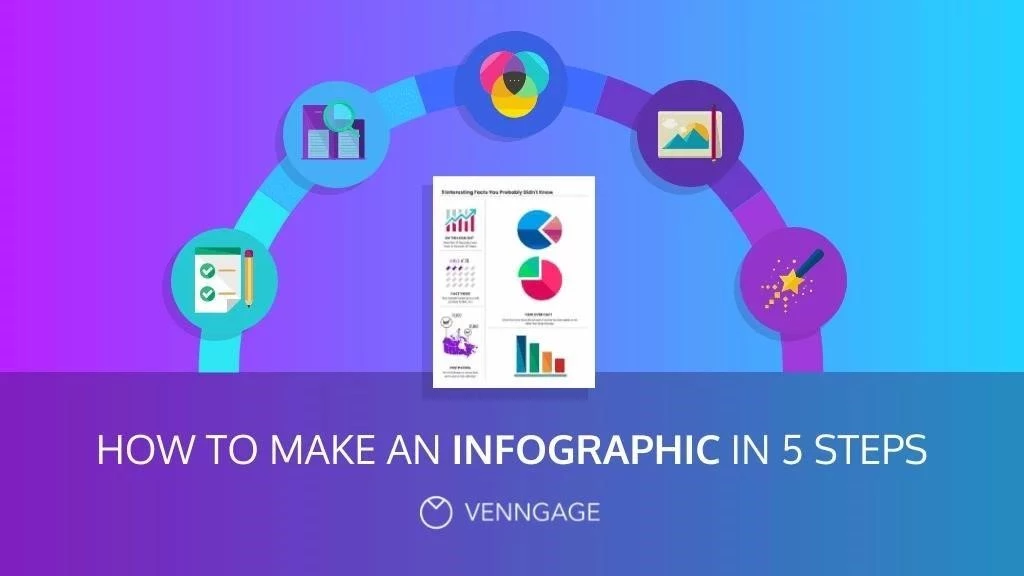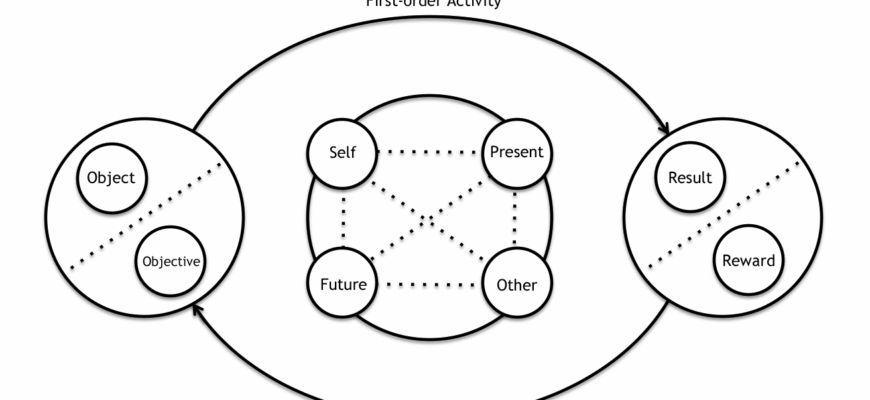In the realm of decision-making and goal-setting, the phrase “a means to an end” often surfaces, guiding our actions and priorities. This concept, deeply rooted in philosophical thought, has profound implications on how we navigate our lives, influencing everything from daily decisions to lifelong aspirations. Lets delve into this notion and explore how it shapes the choices we make and the goals we pursue.
The Philosophical Underpinnings
The idea of “a means to an end” originates from the philosophical discourse on ethics and purpose. Philosophers like Immanuel Kant have extensively explored this, positing that humans should be treated as ends in themselves, not merely as means to achieve other objectives. This principle underscores the value of intrinsic worth versus instrumental utility.
In simpler terms, a “means” is a method or action used to achieve a specific “end” or goal. Understanding this distinction is crucial, as it affects the ethical and practical aspects of our choices. Are we pursuing something for its own sake, or are we using it as a stepping stone to something greater?
The Practical Implications
In everyday life, distinguishing between means and ends can clarify our motivations and streamline our decision-making processes. For instance, consider education. Is acquiring knowledge an end in itself, or is it a means to secure a well-paying job? How we answer this question can significantly affect our approach to learning and career development.
Similarly, in the corporate world, companies often strategize by focusing on short-term objectives (means) to achieve long-term success (ends). However, losing sight of the ultimate goal can lead to misalignment and inefficiency. Therefore, aligning means with ends is essential for coherent strategy and sustained progress.
Shaping Personal and Professional Goals
Setting goals involves determining what we truly value and how we plan to achieve it. By examining our goals through the lens of means and ends, we can prioritize effectively and ensure that our actions reflect our core values.
- Personal Development: Are you pursuing hobbies and skills as ends, for personal satisfaction and growth, or are they merely means to enhance your resume?
- Relationships: In relationships, understanding whether we value them intrinsically or as means to other social or emotional ends can guide how we nurture them.
- Health and Wellness: Are fitness and wellness regimens ends in themselves, or are they means to achieve a certain aesthetic or lifestyle?
Balancing Means and Ends
Achieving balance between means and ends is a delicate task. Focusing solely on ends can lead to ethical compromises, while overvaluing means might result in lost opportunities and stagnation. The key is to remain adaptable, reassessing goals and the methods employed to achieve them regularly.
Moreover, recognizing that some means can evolve into ends is vital. What begins as a means to an end may become an end itself as we grow and our perspectives shift. For instance, a job initially pursued for financial stability might become a source of personal fulfillment and identity.

Conclusion
The concept of “a means to an end” is more than a philosophical abstraction; it is a practical tool that shapes our lives. By understanding and applying this principle, we can make informed choices that align with our values and aspirations. As we navigate the complexities of life, keeping our ends in sight while choosing appropriate means ensures that our journey is as meaningful as our destination.
Ultimately, the power of this concept lies in its ability to guide us toward a life that is not only successful but also fulfilling and ethically sound.
Unpacking the Nuances of Means and Ends
The interplay between means and ends is not just a binary choice but a spectrum where motivations, context, and evolving perspectives meet. In understanding this dynamic, we uncover layers that reveal deeper insights into human behavior and societal norms.
The Personal Journey
In the tapestry of life, each thread weaves a narrative of intention and purpose. Consider the concept of self-improvement, a path many embark on with varied goals. For some, fitness might be a means to an end—achieving a healthier lifestyle or warding off medical conditions. For others, it becomes an end in itself, a pursuit of personal excellence and mental clarity.
Such journeys are not static; they evolve as we grow. A student may originally view education as a stepping stone to career success, but over time, the joy of learning may transform it into a cherished end, a lifelong quest for knowledge.
Societal Reflections
On a broader scale, societies often grapple with the balance of means and ends in policy-making and cultural evolution. Consider the environmental movement. Initially, technological advancements were merely means to economic growth. However, with growing awareness of ecological impacts, sustainable development has become an end, redefining how societies measure progress and success.
Similarly, social movements often start with immediate objectives—means to address specific issues. Over time, they can shift the cultural landscape, turning initial goals into foundational values that redefine societal norms.
Business and Innovation
In the business world, the means-to-an-end paradigm is crucial for innovation and strategic planning. Companies that innovate not just for profit but to solve real-world problems often find themselves with a loyal customer base and a sustainable growth trajectory. Here, means and ends converge to create value that transcends mere financial metrics.
Moreover, businesses that cultivate a culture of purpose beyond profit attract top talent and foster environments where creativity thrives. This alignment of means and ends not only enhances brand reputation but also contributes to a positive societal impact.
The Ethical Dimension
Ethics plays a pivotal role in navigating means and ends. Decisions that prioritize ends at the cost of ethical considerations can lead to consequences that undermine long-term goals. For instance, cutting corners for short-term gains can damage reputation and trust, ultimately affecting the end goal of sustained success.
Conversely, an unwavering focus on ethical means can enhance credibility and foster trust, laying the groundwork for achieving meaningful and impactful ends. This ethical compass ensures that the path taken aligns with the values and principles that define us, personally and collectively.
Embracing the Journey
In the grand scheme of life, understanding the intricate dance between means and ends enriches our journey. It allows us to make conscious choices that are not only goal-oriented but also value-driven. By embracing this duality, we cultivate a life of purpose, where the means are as fulfilling as the ends they serve.
As we continue on this path, let us remain mindful of the lessons learned and the insights gained, ensuring that each step taken is a reflection of who we are and who we aspire to be. In doing so, we not only reach our destinations but also savor the journey, crafting a narrative that is uniquely our own.


I appreciate the way this article connects philosophical underpinnings with real-world applications. It provides a clear understanding of how our motivations influence our actions.
A thought-provoking read! The article does a great job of explaining complex philosophical concepts in an accessible manner, making it relevant to everyday decision-making.
The discussion on distinguishing between means and ends is particularly insightful. This perspective can indeed help in aligning personal and professional objectives more effectively.
This article offers a profound exploration of the concept “a means to an end.” It is enlightening to see how philosophical ideas translate into practical decision-making in our daily lives.